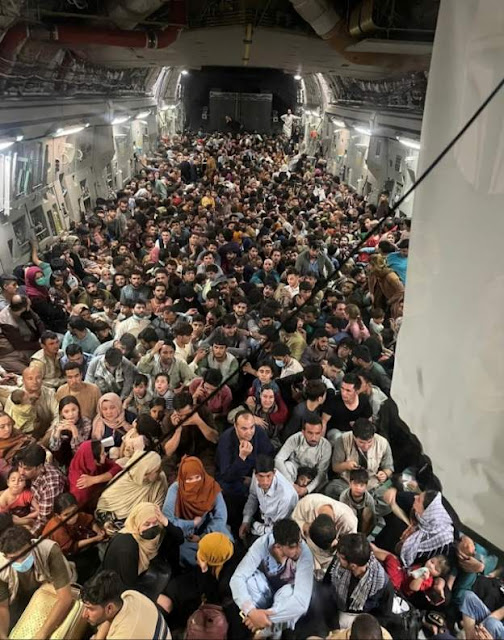Beyond Online Education

I have been, admittedly, a constant sceptic of the inflated valuations of online higher education companies. Part of the reason is practical: Most online education companies focus much more on sales than creating sustainable institutional structures, looking to create an educational sub-prime. Their aim is often to 'uberise' - commoditise the inherent trust and respect that make an educational community work. That focus on scale, without a proportional attention on the outcome, makes an irresponsible business. Indeed, the Chinese government has recently stepped in to make this precise point. But there are also other reasons why I think these edtech valuations are frothy and unsustainable. I think the investors misunderstand the nature of education, particularly higher education, and therefore, their estimates about the prospect of online higher ed are wildly wrong. The pandemic was an aberration, when people were forced to stay home; as we return to normal, online education wi...



